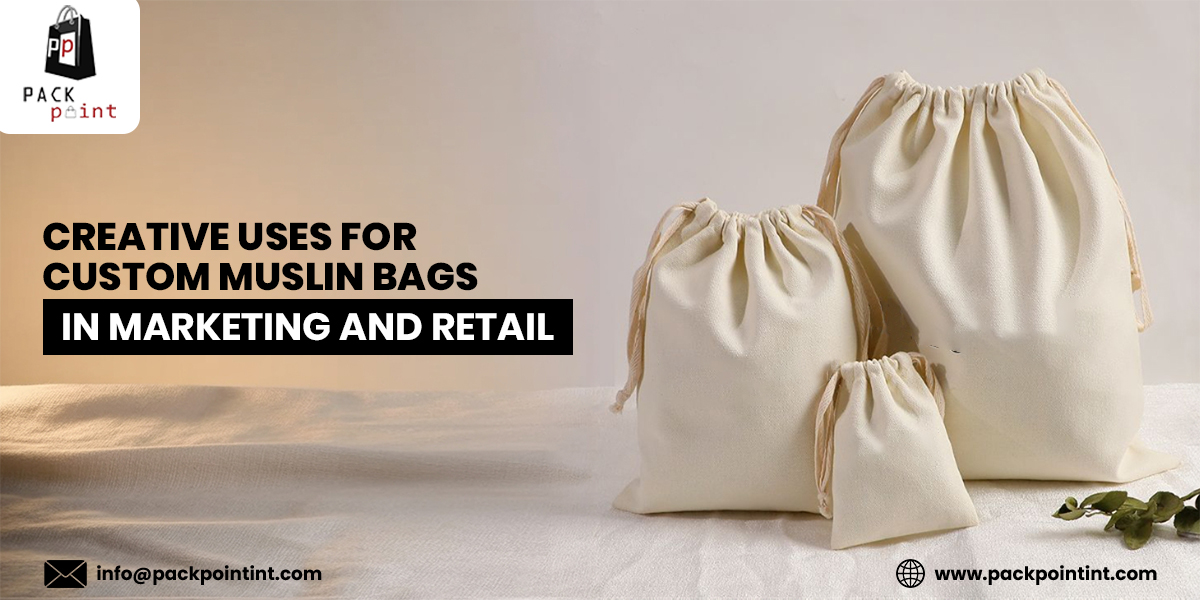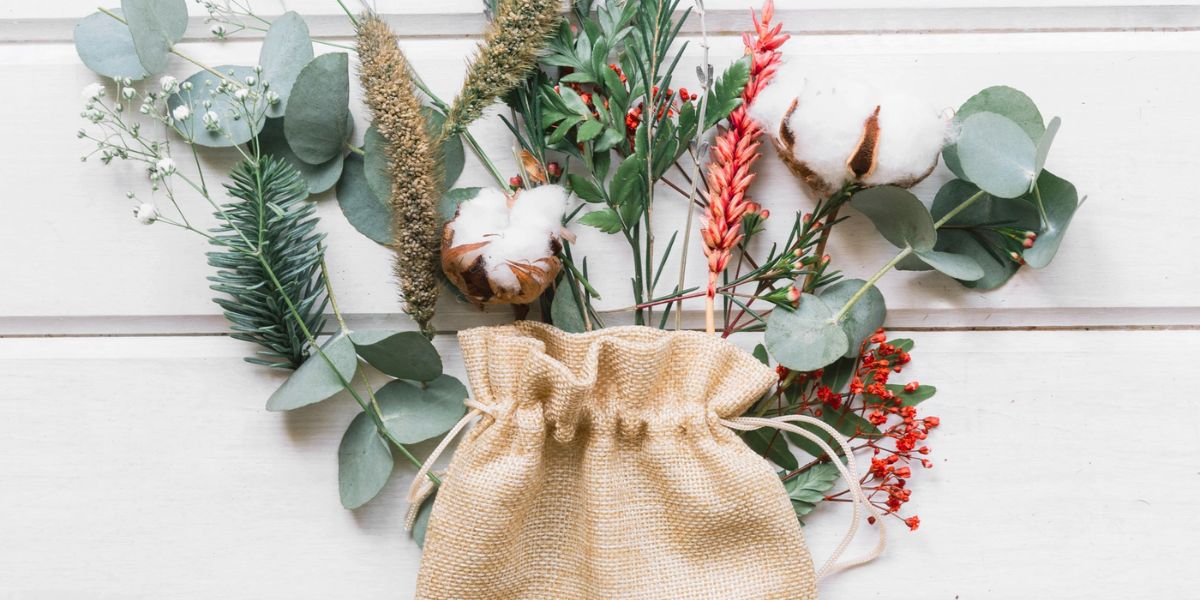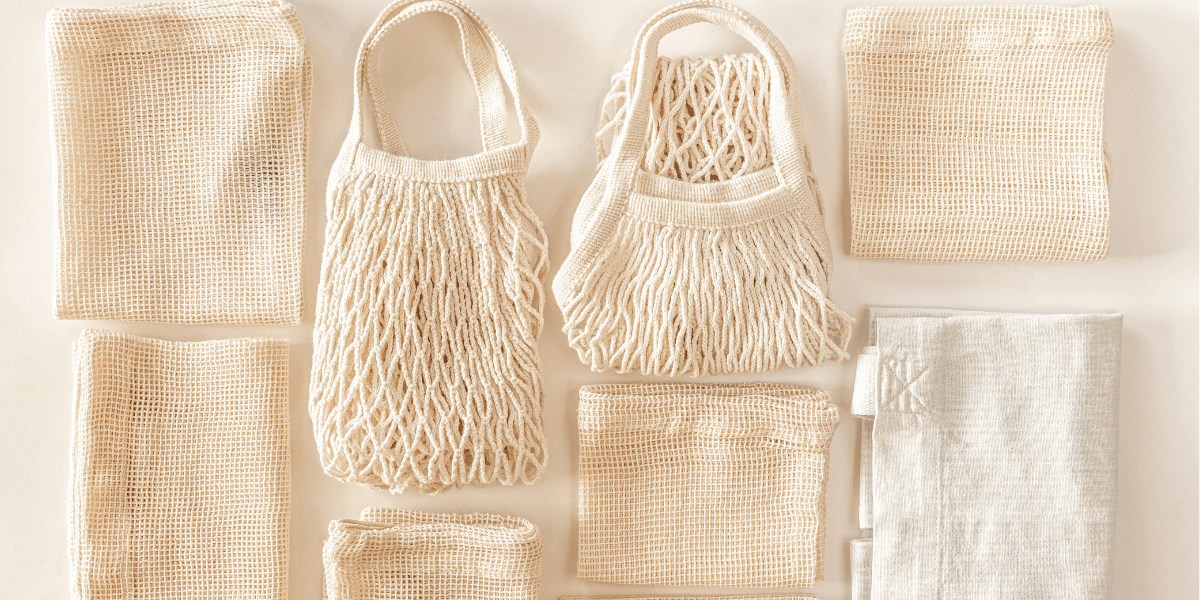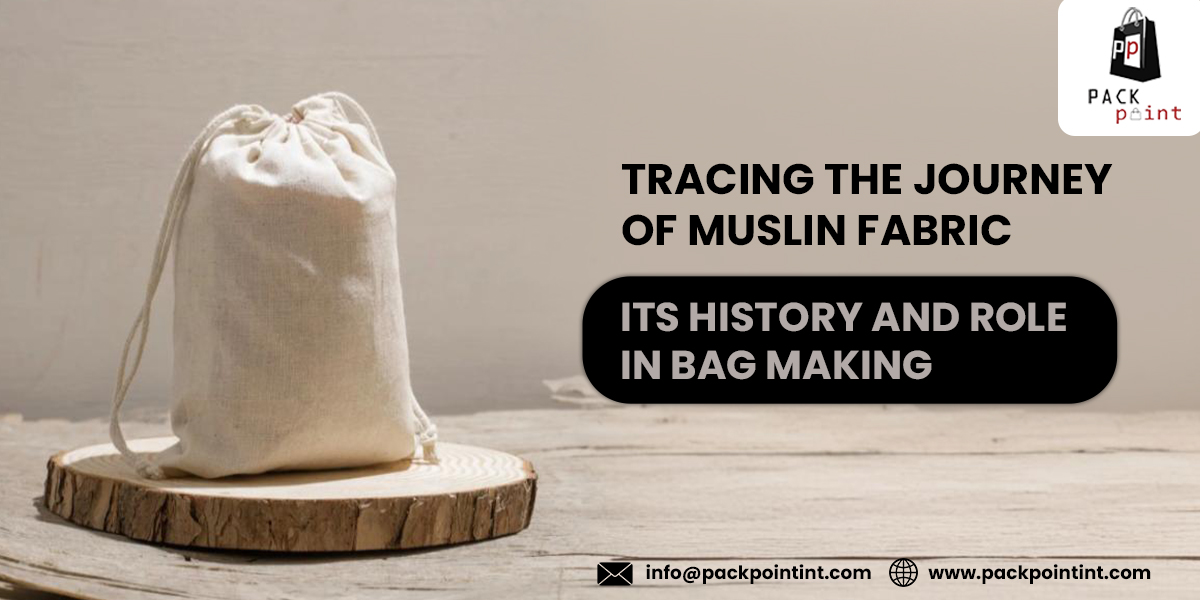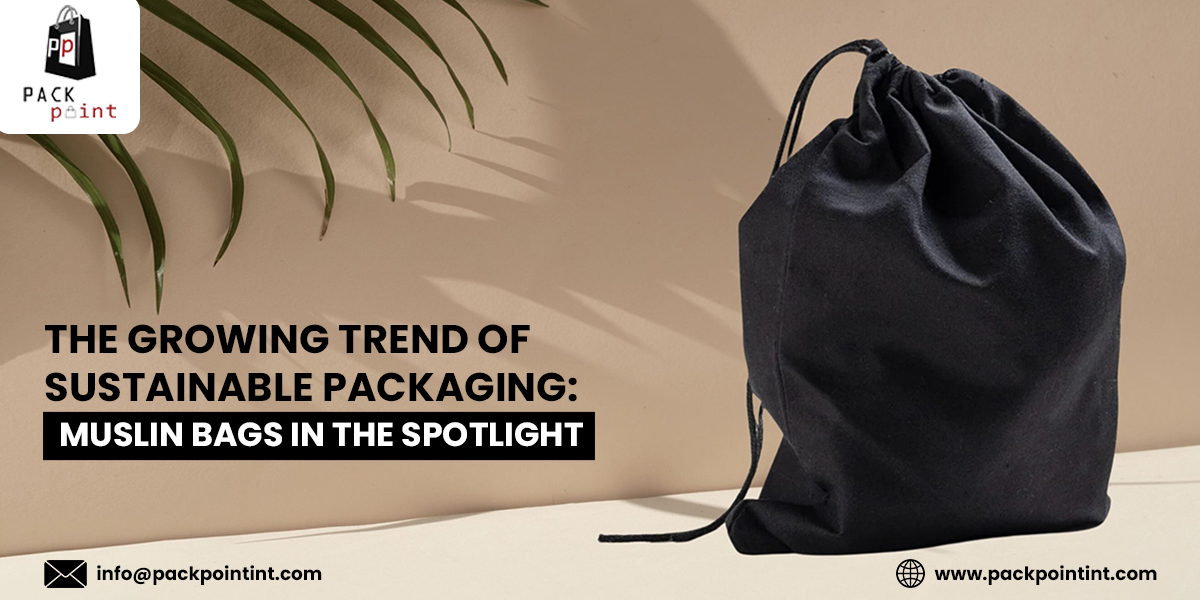Muslin bags are practical, eco-friendly, and versatile. They are used across industries, from storing products to packaging gifts. If you are sourcing them in bulk, you need to pay attention to quality, size, and supplier reliability. Buying the wrong bag can lead to higher costs, frustrated customers, and wasted time. This guide will cover the key features to help you make the best decision when purchasing muslin bags in bulk.
Why the Right Supplier Matters
Choosing the right supplier is critical for any bulk order. A reliable partner ensures consistent quality, timely delivery, and, crucially, adequate bag production capacity to fulfill your needs. Poor supplier selection can lead to inconsistent sizes, low-quality fabric, and missed deadlines. By understanding what to look for, you can secure a supplier that meets your needs and avoids headaches.
Common Mistakes Buyers Make
- Focusing only on price
- Skipping sample checks
- Overlooking fabric and stitching quality
- Ignoring delivery timelines
Avoiding these mistakes helps ensure your bulk order is successful and meets your expectations.
Key Product Features to Evaluate
When evaluating muslin bags, consider the following features carefully.
1 Fabric Quality and Weight
The fabric is the foundation of any good muslin bag. Pay attention to:
- Fabric weight (GSM): This measures fabric thickness. Bags below 70 GSM may be too light for heavy items. Higher GSM ensures stronger, longer-lasting bags.
- Cotton fibers: Choose breathable, natural cotton for softness and durability.
- Weave consistency: Look for smooth, even threads to prevent weak spots.
Requesting fabric swatches or samples allows you to feel the quality before committing to a bulk order.
2 Construction Quality
How the bag is made affects its longevity:
- Even neat stitching prevents fraying.
- Double-stitched seams increase strength.
- Reinforced drawstrings or handles improve usability.
Inspect seams and stitching carefully. Weak construction can ruin a bulk order.
3 Size and Fit
These bags come in a variety of sizes. Choosing the right size is key to functionality.
| Typical Size | Best Use |
| Small (4 x 6 inch) | Jewelry, seeds, small textiles |
| Medium (8 x 10 inch) | Soap, cosmetics, medium gifts |
| Large (12 x 15 inch) | Produce, laundry, bulk items |
| Custom sizes | Special packaging requirements |
4 Bag Storage Capacity
Knowing the bag storage capacity is essential. A bag that is too small makes it hard to fit items, while a bag that is too large can be wasteful. Confirm recommended capacities with your supplier and consider how your customers will use the bags.
5 Bag Durability Standards
Durability is critical, especially for bulk orders. Check that bags meet minimum strength requirements and resist wear over time. Testing a few samples with the actual items you plan to store or ship can prevent disappointments.
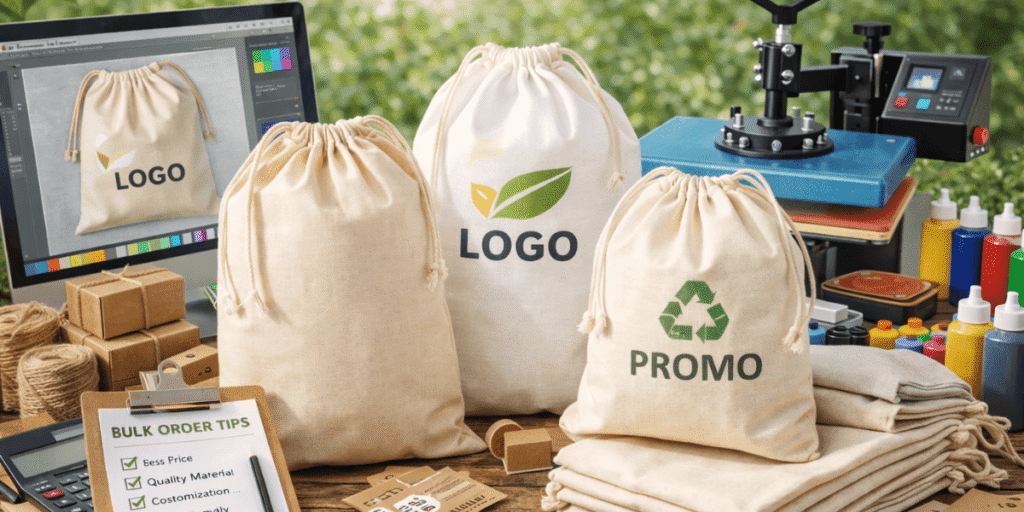
6 Printing and Customization
Customization makes them stand out. Options include:
- Logo printing
- Custom tags or labels
- Drawstring color choices
- Special retail packaging
These features add brand value but may affect price and minimum order quantities.
Supplier Capabilities to Look for When Sourcing
Supplier reliability is as important as the product itself.
1 Production Capacity
Check the supplier’s bag production capacity. Can they handle your bulk order on time? Ensure they can meet peak demand without compromising quality.
2 Quality Control
Ask about quality control methods. Suppliers should inspect bags for:
- Weak seams
- Fabric inconsistencies
- Incorrect sizes
A robust quality system reduces defects and ensures you get consistent products.
3 Communication and Support
Strong communication keeps your order on track. Confirm that the supplier is responsive, provides updates, and answers questions promptly.
4 Turnaround Time
Discuss typical production timelines. Fast delivery is great, but only if quality is maintained.
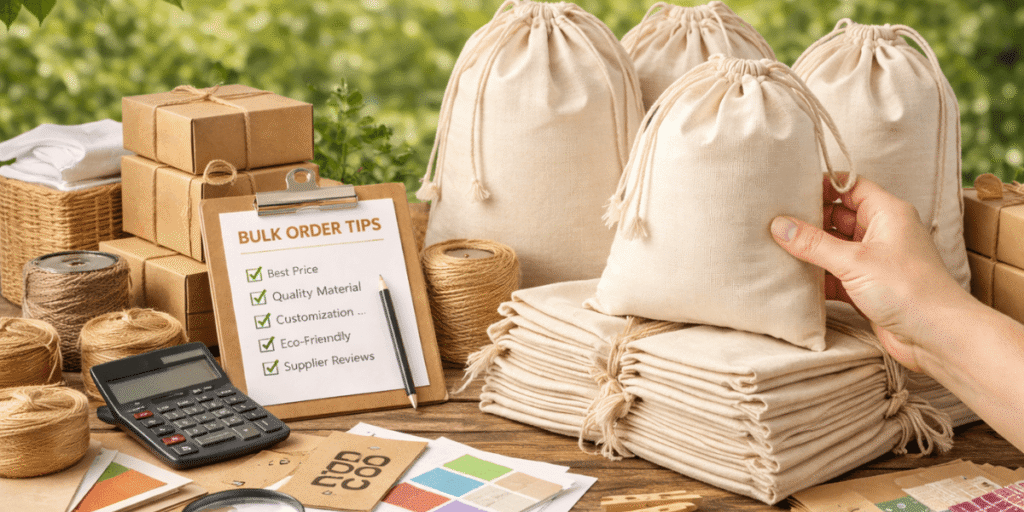
Tips When Grabbing Muslin Bags in Bulk
- Confirm the supplier has the bag production capacity to handle your order volume and future needs without overextending.
- Ensure the supplier’s MOQ aligns with your budget, storage space, and inventory requirements before committing.
- Test sample bags by filling them to check capacity, pulling drawstrings for strength, and inspecting seams and fabric quality to prevent costly bulk mistakes.
- Evaluate cost against key quality factors: fabric weight (GSM), reinforced stitching and handles, and the complexity of any custom sizing or printing.
- Understand all delivery expenses upfront. Bulk shipping can be costly; compare options and ask if the supplier offers freight discounts for large quantities.
- Have a plan for receiving, inspecting, and storing the large shipment upon delivery to keep inventory organized and undamaged.
- Choose an experienced supplier known for consistent quality and clear communication, not just the lowest price. This ensures fewer headaches with defects or delays. Make Pack Point International your trusted source for premium muslin bags.
Bottom Line
Sourcing muslin bags in bulk is a practical and sustainable choice for many uses. By paying attention to these factors, you can ensure your order meets your needs. Take time to test samples, evaluate suppliers, and review shipping terms as it will save time and prevent issues. Selecting the right supplier ensures quality, consistency, and peace of mind.
If you are ready to source high-quality muslin packaging, consider Pack Point International, a trusted cotton bags manufacturer that delivers quality products and excellent service.


